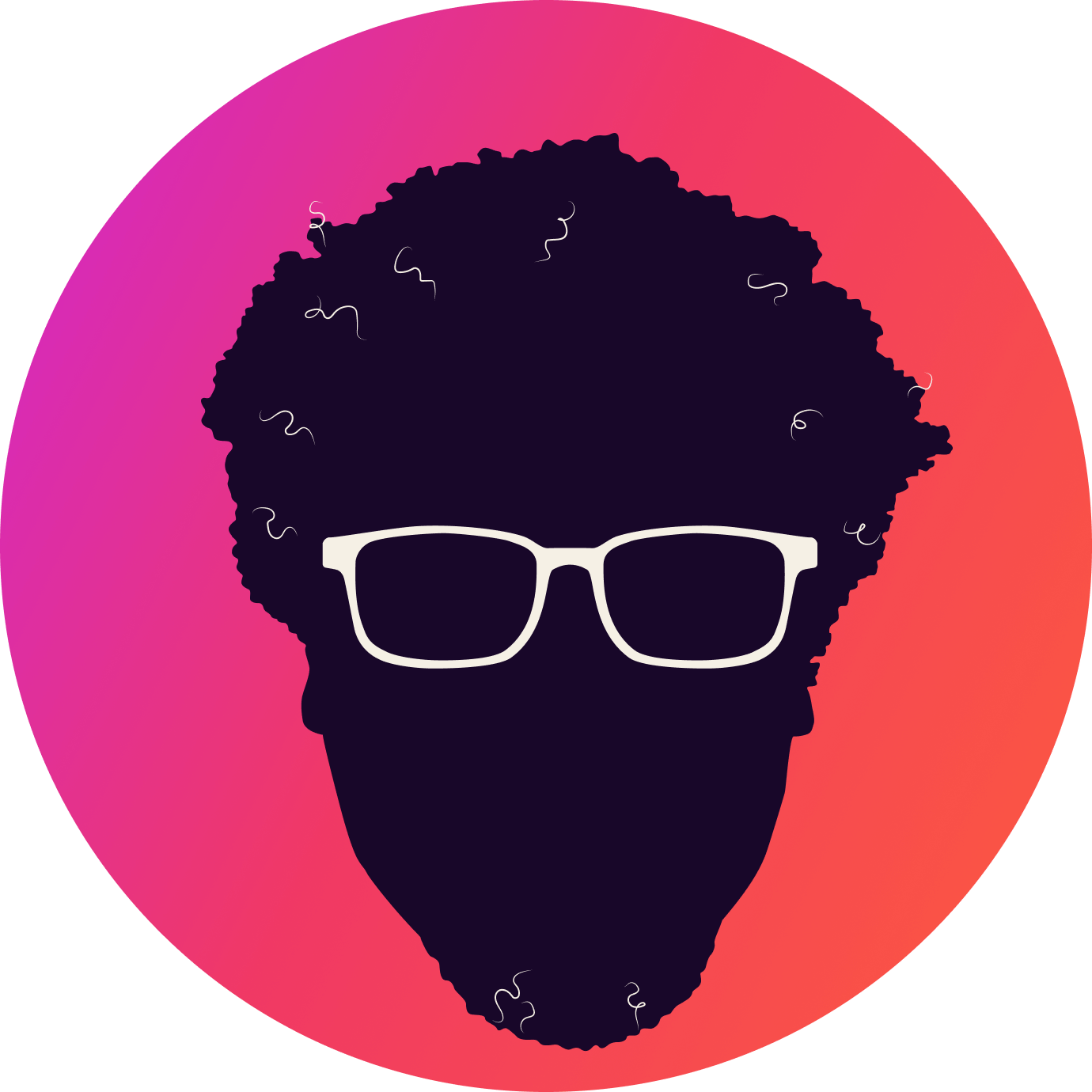Latest Thoughts
-
📻 WTCI Agile Presents: Can You Trust What You See Anymore?
Host Jason Michael Perry brings a special live episode from the World Trade Center Institute Agile Global Innovation Series, hosted in partnership with the Johns Hopkins Carey Business School. Joined by panelists Tina Williams-Koroma, Yolanda Reid, and Joel M. Benge, with an introduction from Eddie Resende, Jason explores how cybersecurity is evolving in a world […]
-
📻 Is Solving Disability the Real Test of Emerging Technology?
Host Jason Michael Perry sits down with Rebecca Rosenberg, founder and CEO of ReBokeh, to explore how technology is reshaping what it means to see and what accessibility can teach us about innovation. From the everyday tech many of us rely on, like glasses and hearing aids, to emerging tools that translate the world for people with low vision, […]
-
📻 How Is AI Rewriting the Job Market?
Host Jason Michael Perry sits down with Chris Frew, founder and CEO of BioBuzz and CEO of Workforce Genetics, to explore how AI is reshaping the job market — not just by changing what work looks like, but how people get hired in the first place. In this episode, they dig into what Jason calls […]
-
📻 What Happened at CES 2026?
Host Jason Michael Perry returns from Las Vegas with a special CES 2026 edition of Thoughts on Tech & Things. Jason breaks down the Consumer Technology Association’s 2026 megatrends, including Longevity, Intelligent Transformation, and Engineering Tomorrow, and connects them to what actually showed up at CES. From Nvidia’s vision for “Physical AI,” to robots, and […]
-
📻 Will the Space Economy Help Fix Earth?
Host Jason Michael Perry sits down with Andrew Parlock, founder and CEO of Space Phoenix Systems, to explore how the space economy is moving from science fiction to everyday reality. From reusable launch systems to returnable payloads and zero-gravity manufacturing, they unpack how falling launch costs are turning low Earth orbit into an operating environment […]
-
📻 How Are Public Schools Preparing for AI?
Host Jason Michael Perry sits down with Dawn Shirey, Director of Virtual Learning and Instructional Technology for Baltimore City Public Schools, to explore how one of the nation’s largest urban school systems is preparing teachers and students for the age of AI. They discuss the district’s new AI Guidance, how teachers are learning prompt-writing and […]
-
📻 Why Are Data Centers Suddenly So Controversial?
Host Jason Michael Perry sits down with Jenny Abamu, education and infrastructure reporter for WAMU, to unpack Maryland’s rapidly growing data center boom — and the community backlash that’s followed. They explore how Governor Wes Moore’s push to make Maryland a data center hub has collided with local concerns about energy, land use, and environmental […]
-
📻 WTCI Agile Presents: What is Quantum?
Host Jason Michael Perry moderates a live panel for the World Trade Center Institute’s AGILE Global Innovation Series, digging into what quantum actually is, why it matters, and how Maryland became a powerhouse in the global quantum race. The session opens with remarks from Jeremy Rosendale, VP of Membership & Business Development at World Trade […]
-
📻 What’s Really New with OpenAI?
Host Jason Michael Perry sits down with Ben Slavin, an AI entrepreneur and researcher, to unpack what OpenAI’s DevDay 2025 conference really means. From Sora 2, the next-generation AI video tool, to ChatGPT 5, and connectors, they explore how OpenAI is shifting from product to platform and what that means for developers, creators, and the […]
